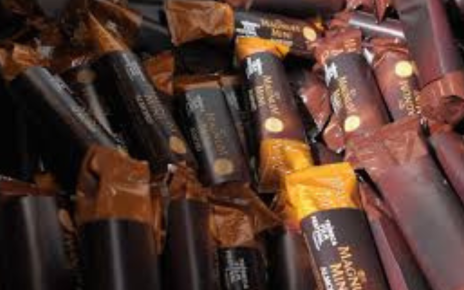The death toll in Kurram District has risen to 90, with 12 additional fatalities reported Thursday as a ceasefire agreement failed to end the violence that has plagued the region for over a week. Despite efforts to establish peace, armed clashes continue in both upper and lower Kurram, leaving 18 more injured.
The violence erupted last week after an attack on a passenger convoy in Lower Kurram, resulting in over 40 deaths. On Thursday, firing took place between Jalmay and Chadrewal villages and Talo Kunj, with sporadic gunfights reported in several areas, including Ghozghari, Matasangar, Maqbal, and Kunj Alizai.
In an escalation of the conflict, a mortar shell struck the Bassu Camp of the Frontier Constabulary in Upper Kurram, injuring two personnel. Despite efforts by local leaders, including Deputy Commissioner Javedullah Mehsood and elders from various communities, the ceasefire was unable to halt the intermittent firing.
A ceasefire agreement had been extended on Wednesday, with plans to vacate trenches held by the warring sides. While the ceasefire allowed the exchange of hostages and dead bodies, including four female and one male hostage, the violence persists in critical areas like Bagan, Alizai, and Khar Kalay.
Health Impact and National Concern
The ongoing conflict has severely impacted local health services, with Dr. Qaisar Abbas, the Kurram District Health Officer, reporting significant shortages of medicines due to road closures.
In response, Hameed Hussain, a National Assembly Member, warned that the conflict could spread across Pakistan unless urgent measures are taken to end the violence. The situation remains tense, with both local and national authorities working to address the humanitarian crisis caused by the continuing clashes.




